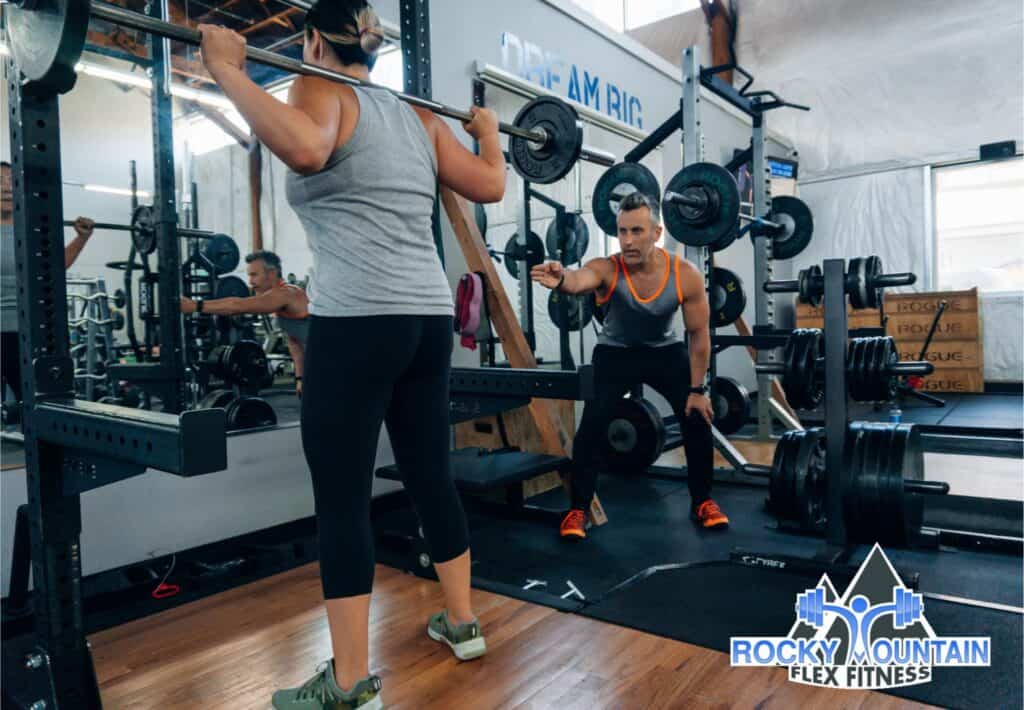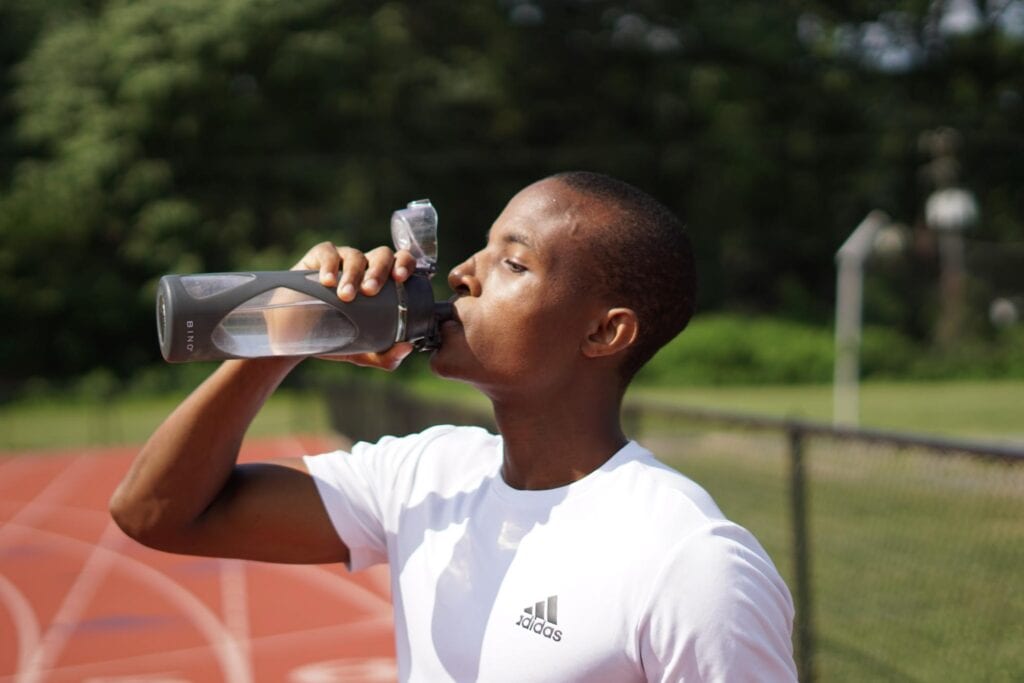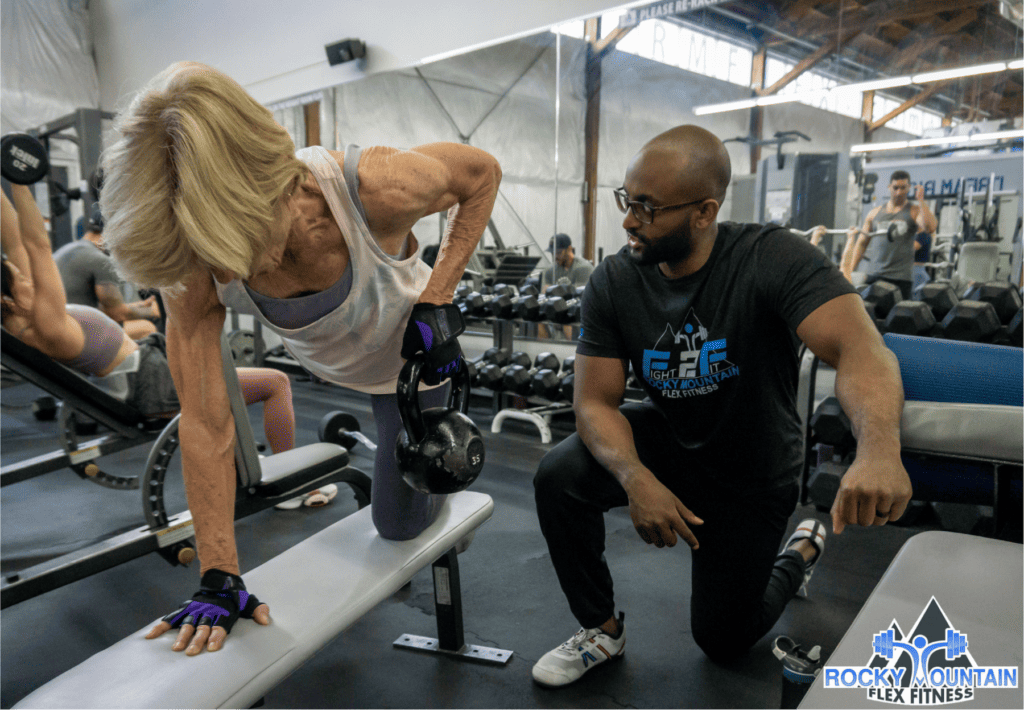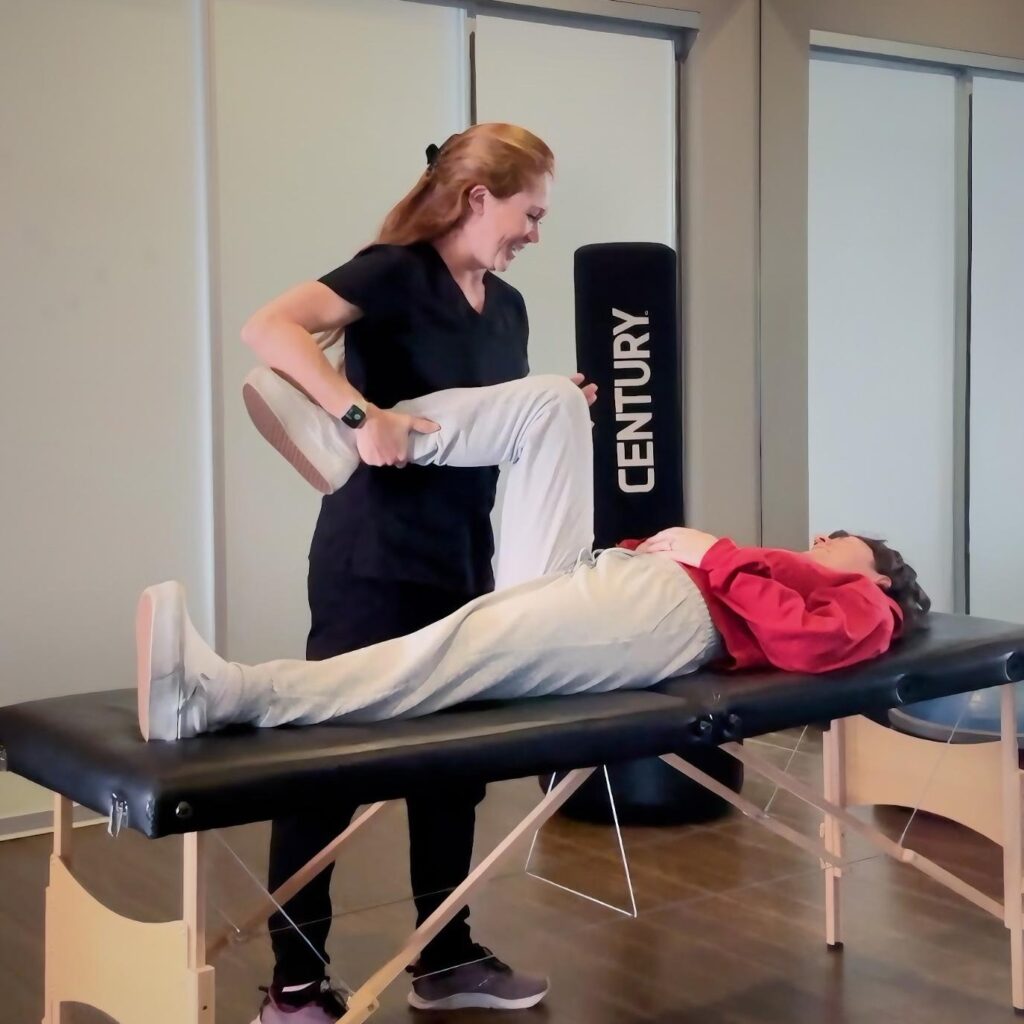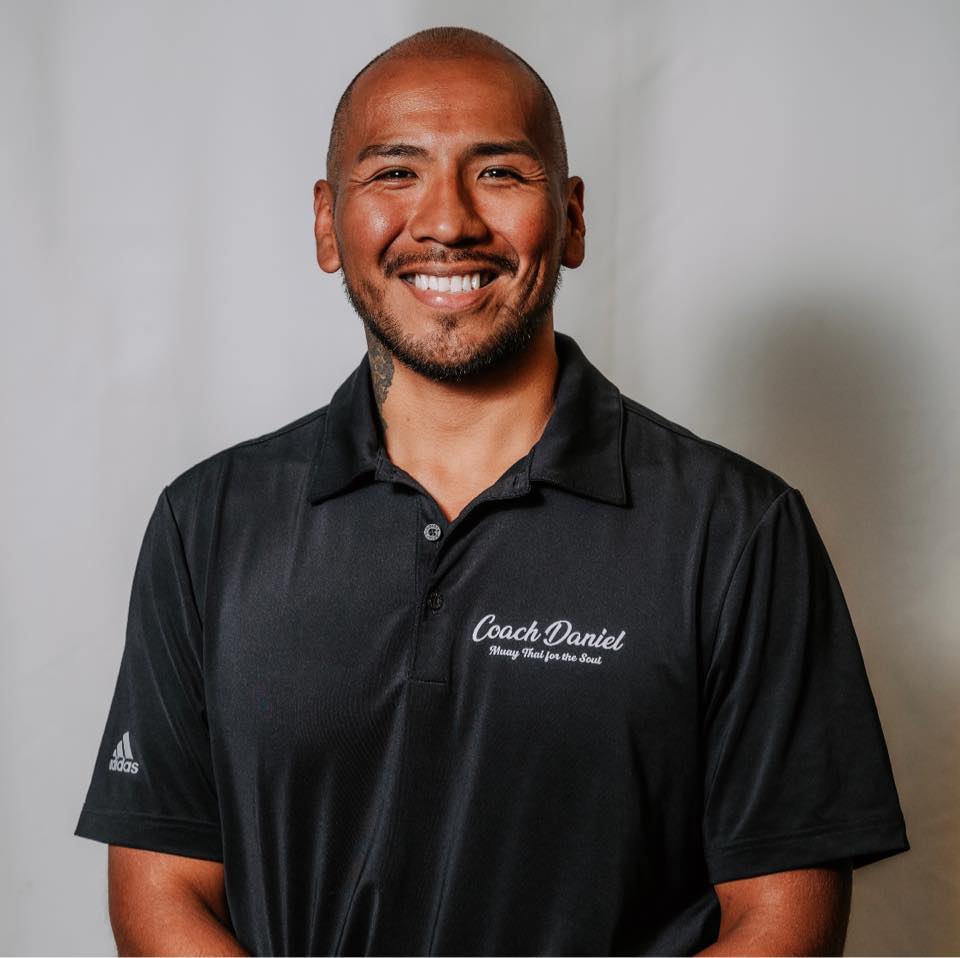Today, we have a special guest blog from a local licensed counselor, Kayla Clark from Be Well Counseling. Kayla offers one-on-one virtual counseling where she helps her clients lean in, get uncomfortable, and begin making the changes that are necessary for them to live their healthiest lives. We are excited to learn more about how therapy can benefit our Rocky Mountain Flex Fitness Members both inside and outside of the gym!
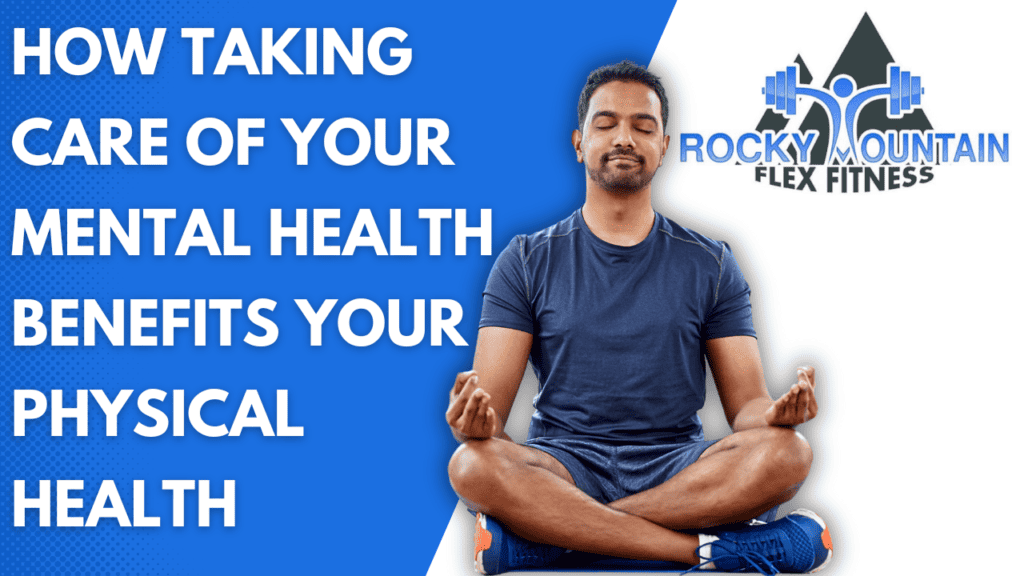
We already know that working out and staying active can benefit our mental health significantly. It decreases the stress hormone cortisol, and increases the “happy-chemicals”, dopamine and serotonin, that we need to feel good, in and out of our daily lives. Sometimes it is even vital to help maintain life balance, especially for those who are neurodivergent, have depression, anxiety, PTSD, or panic disorders.

But how does taking care of your mental health benefit your physical health? Taking care of your mental health is way more than taking a hot bath or venting at happy hour about your annoying co-workers.
A significant way to benefit your mental health is by getting connected to a great therapist. Going to therapy is dedication to a time and space, much like going to the gym, to better understand yourself, your values, and your limits. Building a relationship with a therapist while simultaneously building a relationship with yourself.
Have you ever accomplished a goal but it didn’t quite feel as good as you thought it would, or the journey there was really more strenuous than you realized in the moment, or even worse, the bar has now been raised and there is a new goal? When does it end? What are we really chasing? Because of the fast-paced, pressured world we live in, it’s easy to stay on the surface and stay focused on only our future goals, one after another.

We know the phrases, Hustle Culture, Rise & Grind, No Days Off, No Pain No Gain, Good Vibes Only, What Doesn’t Kill You Makes You Stronger, You Can Sleep When You’re Dead, Don’t Stop When You’re Tired; Stop When You’re Done. In an unhealthy mind, these quotes can be toxic to us and push us only in a direction that skims the surface of what we really have to offer or want for ourselves. Get that promotion, hit that PR, complete that degree, all the while we are having an ‘in-the-moment experience’ that we are completely unaware of.
What is an ‘in the moment’ experience?
How do you know when you’re hungry? Your stomach growls. How do you know when you are sleepy? Low energy, drowsy eyes. How do you know when you need to use the bathroom.. Well, you know. These are a few of the biological ways your body speaks to you that are really hard to ignore. Your body is constantly telling you exactly what it needs, if it can take more, or if it’s pleading for rest.
Emotions speak to us too; it just takes a bit more practice to notice. Most of the clients I see live in the fast lane of life, checking off boxes and are ready to move on to the next thing, usually chasing a feeling of accomplishment or worthiness, and they all have this in common: difficulty getting quiet enough to ever truly listen. The voices of past coaches, parents, and society ring too loud, confusing internal motivation with external validation. They only hear the ‘shoulds’ and ‘supposed to’s’ that continuously drive them in a way that is out of alignment with their values and into submission of the perception and care of others. The expectations of being “successful” often include our physicality, and without listening to their bodies, cause short and/or long-term damage.
As a therapist, understanding your emotions and the physical sensations they create in the body is one of the basic (and most common) emotional intelligence skills I teach. Gym injuries often occur for a few reasons; no warm up, doing too much too fast, bad form, too much weight when you aren’t ready, or long-term repetitive routines without diversity.
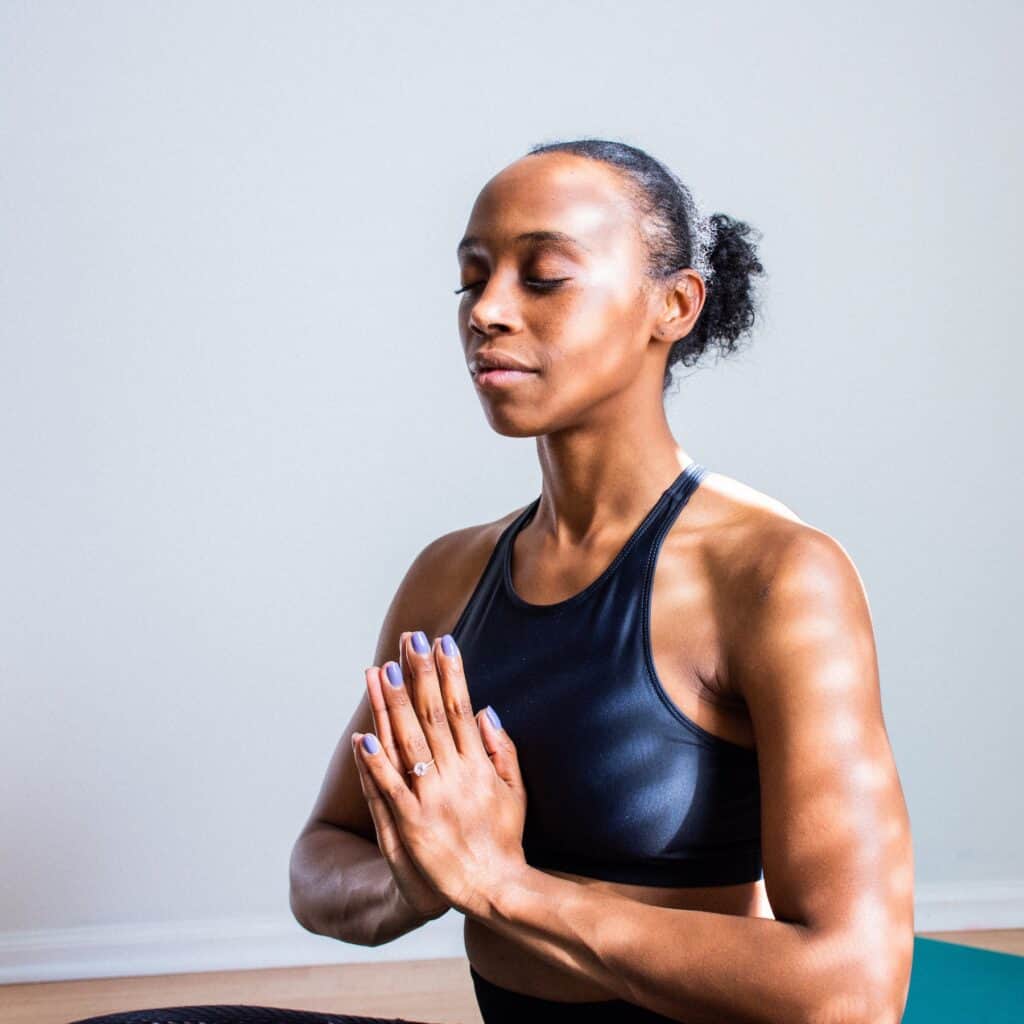
What the therapeutic space and relationships give you is the understanding you gain about yourself that is applicable to all other areas of your life. When you learn that abandoning yourself for the sake of others leaves you feeling lonely and uncared for, you also learn that abandoning your warm up may leave you hurt, potentially feeling shame, lonely, and uncared for.
When you learn the vulnerability to say no to things that truly do not serve you, you learn to dissipate shame and honor authenticity, in yourself and in others. When you learn positive self-talk, you learn that your gym anxiousness is really about you and not about anyone there.
When you learn to accept yourself for who you are, you learn that comparison is the thief of joy and presence. Next time someone pushes you to do more weight (or god forbid, internal pressure) when you know you aren’t ready, you are put in a position to prove yourself, and potentially harm yourself, OR honor yourself with where you are. These situations ask us to have humility and be vulnerable – both skills you can learn to lean into with a therapist.

Often, in these kinds of situations, we can be crowded with thoughts that begin with ‘What If’.
“What if they think I’m weak because I can’t do it?”
“What if I say no and they judge me?”
“What if they are trying to one-up me?”
“What if I can’t keep up?”
The practice of letting thoughts be thoughts will allow you to come back to yourself and speak from a place of truth. That might sound like, “I appreciate the encouragement, I’m just not ready. Maybe next week” or “I appreciate the challenge, but my body is telling me no way, not today. I’ve done enough.” And even in the face of backlash for advocating for yourself with a therapist, you have already practiced the ability to know that your truth is your truth, and that’s always good enough, even without understanding from others.
When you learn what support and validation look like, you are better able to know who has your best interests at heart. People who love us challenge us, sure! But anyone who pushes you to be uncomfortable, condescends you into submission, or uses contempt to make you change your mind is not fostering a healthy relationship.
Even in the gym. You are the only one who knows your limits. You are the one who knows when you’ll be ready to elevate your game. You are the one who knows if you can compromise or not. You are the one who knows the difference between situations of uncomfortability, those preventing your growth or causing you harm.
People who truly care about you will honor you and, most of all, respect and admire you for taking care of yourself. All of this, at the end of the day, can be learned and practiced by having a great therapist. Good mental health equals good physical health, and of course, vice versa!
– Kayla Clark, LPC
Thank you for sharing your knowledge with us, Kayla! All of us at Rocky Mountain Flex Fitness want to support you in leading a balanced, healthy life. Our members are welcome to our FREE fitness classes that are led by a certified trainer and include yoga, bootcamps, and bag classes. Our classes are a great way to get a great workout and boost your “feel good” hormones. Check out our class schedule to see what our current class offerings are. We can’t wait to see you there!
Kayla is a virtual therapist serving residents of Colorado who find themselves in the fast lane of life. Her counseling style is centered around helping people slow down to better understand difficult childhood experiences (that can impact self-esteem and relationship styles), life transitions, anxiety, depression, existential crises, and grief, to name a few of the things that affect people from being able to function at their full potential as busy, professional adults. Learn more at BeWellCounselingCO.com
Resources: Check out Louis Howes’s testimony to vulnerability and mental health after being a professional athlete and/or his book, The Mask of Masculinity
Brene Brown’s, The Gifts of Imperfection
Kayla Clark, LPC BeWellCounselingCO.com. Therapy tailored for the high functioning, overachieving, busy, professional.








